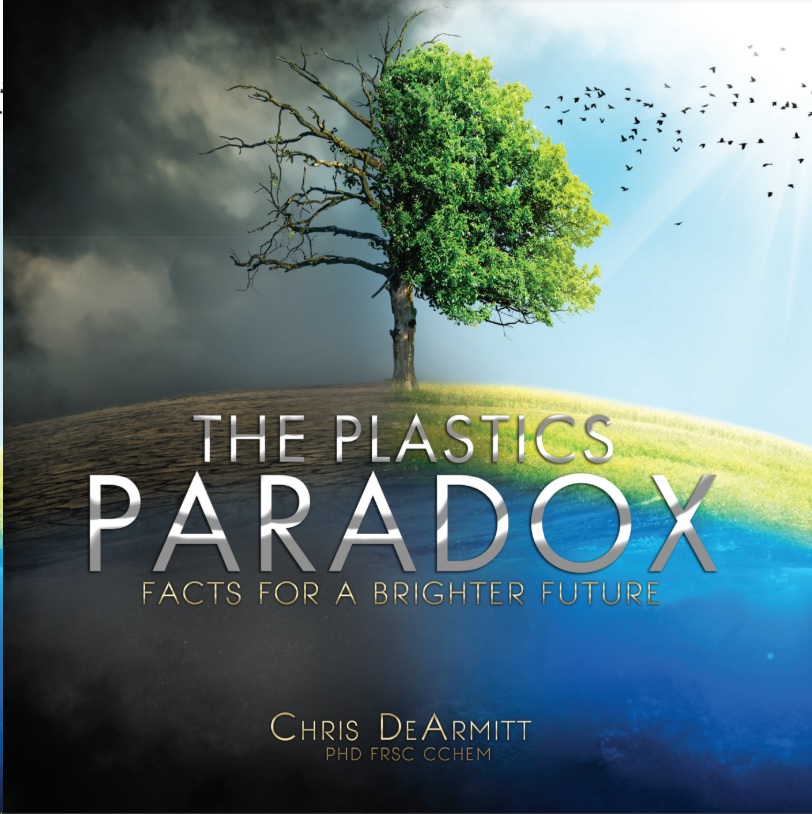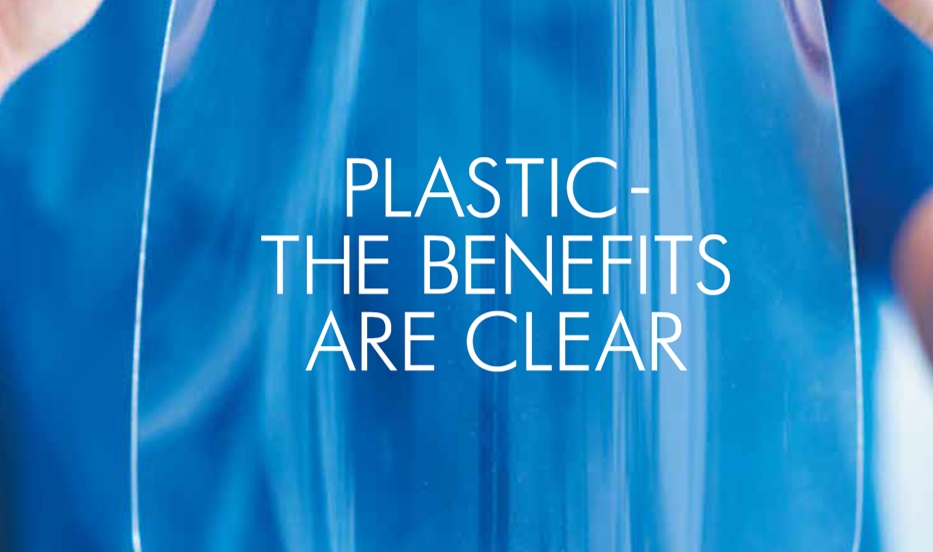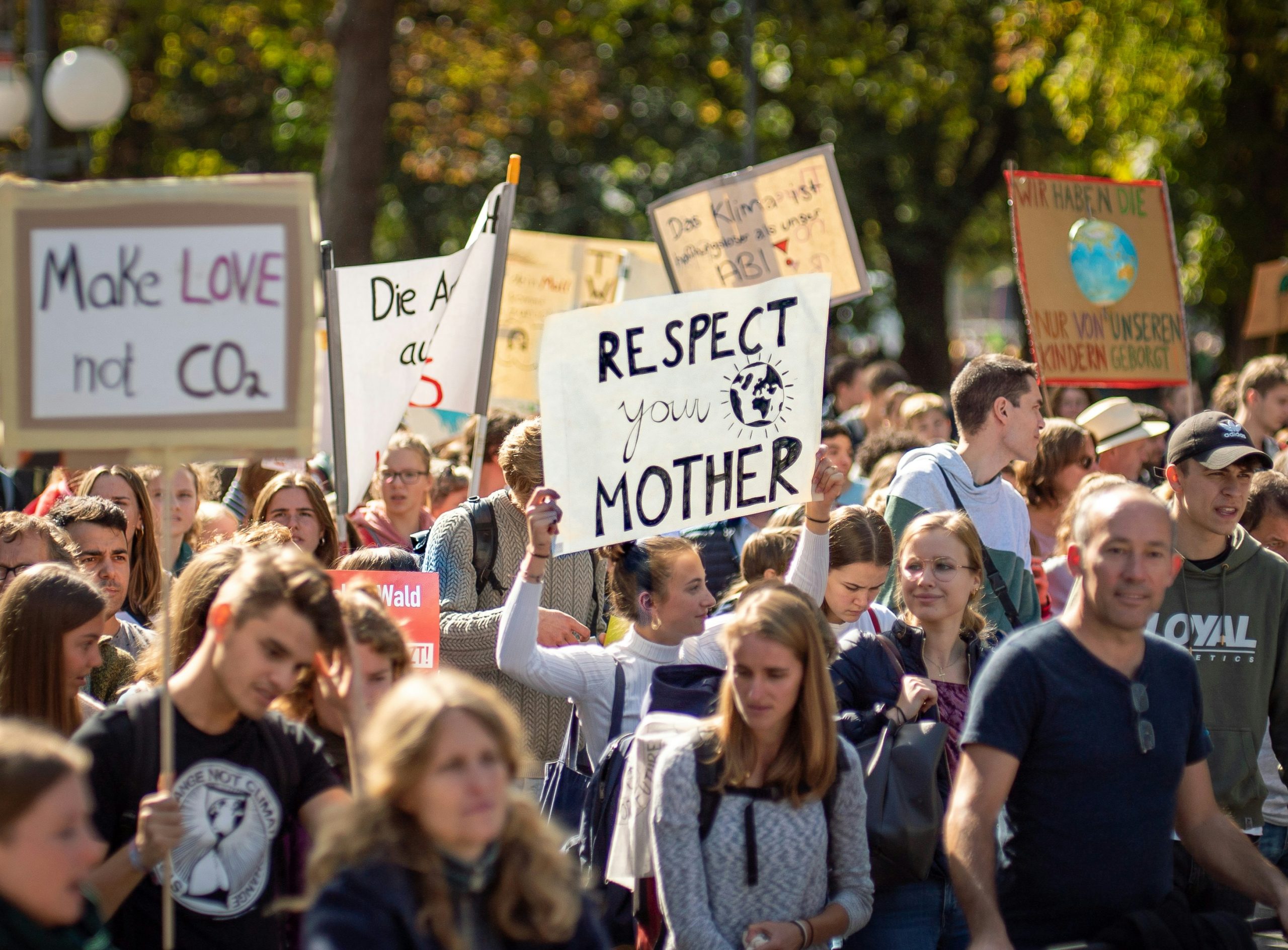Home >“The Plastics Paradox” by Chris DeArmitt >“The Plastics Paradox” by Chris DeArmitt
The Plastics Paradox
by Chris DeArmitt

Plastics. They’re everywhere. From the packaging that safeguards our groceries to the intricate components of our electronic devices, plastics have become an integral part of modern life. Yet, beneath their seemingly innocuous facade lies a complex web of contradictions and consequences. Chris DeArmitt, a World-Class Plastic Materials Consultant & Independent Environmental Expert with a with a PHD in material science, peels back the layers of the plastic industry in his book called “The Plastics Paradox”, which unravels plastics impact on society and the environment. Let’s delve deeper into the intricacies explored within the pages of this thought-provoking book.
The Rise of Plastics:
DeArmitt begins by tracing the meteoric rise of plastics from their humble beginnings to their ubiquitous presence in virtually every industry. Plastics have revolutionized manufacturing processes, offering unparalleled versatility, durability, and cost-effectiveness. Their lightweight nature has transformed transportation, while their malleability has fuelled innovation in product design. Plastics have undeniably facilitated progress and prosperity on a global scale.
The Environmental Toll:
However, the proliferation of plastics, like all industries, has come at an environmental cost. DeArmitt meticulously examines the detrimental effects of plastic pollution on ecosystems and biodiversity. From entangling marine life to infiltrating food chains, plastic waste poses a threat to the delicate balance of nature. Although there is an environmental cost to plastic production, DeArmitt argues that the benefits outweigh the costs. He also points out that the media also often overplays the damage that plastics cause, spreading misinformation and misleading data. An example of this that he often uses, is the myth that plastic doesn’t biodegrade, when it actually does. Plastic outdoor chairs, plastic covers and any other plastic exposed to the elements, begins to fade and biodegrade like any other material within a few years or months.
The Harsh Loathing of Plastics:
While plastic does play a role in environmental degradation, it’s role in our day to day lives is too important to be removed. DeArmitt points out how we often overlook the importance of plastics, while portraying it to be the enemy. This can be summed up with the very interaction that led DeArmitt to write his book: “I once sat next to a young person on a plane. She took a nap and I glanced at a sticker on her laptop that read: “Rise above plastics”. I had to smile at the naïvety. Why? Well, the sticker was made of plastic, and so was the adhesive that held it on her laptop, which was also made of plastic. Her backpack was made of nylon plastic, and so were her shoes. She had a PET plastic water bottle in her hand and was cozied up in a polyester (plastic) blanket. In fact, the only thing I could see that wasn’t synthetic plastic was her cotton jacket. Later, she woke up and started editing video clips made on her ABS plastic GoPro camera—in the video, she was swimming in the ocean in a rubber suit with plastic flippers on. She had no idea that her life would not be possible without the very plastics she claimed to object to.”

Necessary For Society:
While it’s easy to vilify plastics as the sole perpetrators of environmental degradation, DeArmitt challenges readers to adopt a more nuanced perspective. He argues that demonizing plastics oversimplifies a complex issue and overlooks their indispensable contributions to society. Plastics have saved lives in the medical field, facilitated technological advancements, and enabled access to affordable goods. Acknowledging this duality is crucial in navigating the plastics paradox.
Innovative Solutions:
“The Plastics Paradox” doesn’t dwell solely on the grim realities of plastic pollution; it also offers a beacon of hope through innovative solutions. DeArmitt advocates for a multi-faceted approach that encompasses technological innovation, regulatory measures, and consumer behaviour change. Biodegradable plastics, advanced recycling technologies, and sustainable packaging alternatives emerge as promising avenues for mitigating the environmental impact of plastics.

The Power of Collaboration:
Central to DeArmitt’s vision is the importance of collective action in addressing the plastics paradox. He emphasizes the need for collaboration among governments, industries, and civil society to effect meaningful change. By fostering partnerships and sharing best practices, stakeholders can leverage their collective expertise to develop comprehensive solutions that transcend geographical and sectoral boundaries.
Cultural Shifts:
At its core, “The Plastics Paradox” advocates for a fundamental shift in societal attitudes towards plastics. DeArmitt calls for heightened awareness, responsible consumption, and conscious decision-making at both individual and institutional levels. By challenging the prevailing culture of disposability and embracing principles of sustainability, we can redefine our relationship with plastics and pave the way towards a more equitable and resilient future.
Conclusion:
In conclusion, “The Plastics Paradox” by Chris DeArmitt serves as a compelling manifesto for navigating the labyrinth of plastics in the 21st century. Through a nuanced examination of their benefits, drawbacks, and socio-environmental implications, DeArmitt encourages readers to confront the complexities of the plastics paradox with clarity and conviction. By embracing innovation, collaboration, and cultural shifts, we can transcend the binary narrative surrounding plastics and forge a path towards sustainable coexistence. As we embark on this collective journey, DeArmitt’s insights will undoubtedly serve as a guiding light, illuminating the way forward in our quest for a more harmonious relationship with the material that defines our modern world. This is why Clearway Online strives to reduce our carbon footprint when producing our plastic PVC products and tries to reduce our environmental impact as much as possible.
If you’d like to read more about this topic, read The Plastics Paradox PDF or feel free to check out Chris DeArmitt’s website for more information.